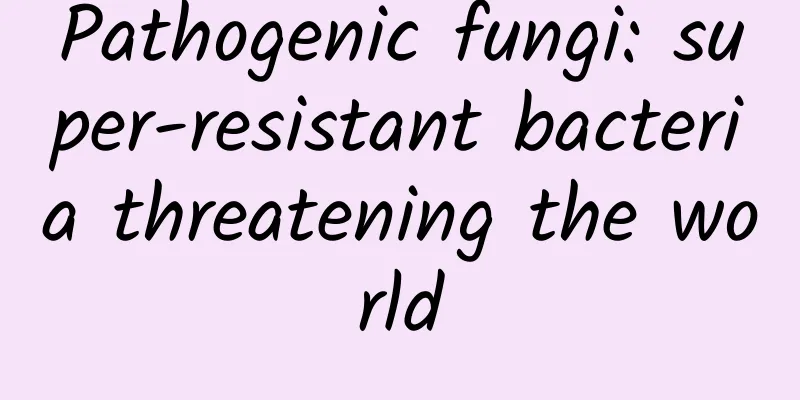Norovirus is entering its peak period! How to prevent it?

|
China Science and Technology News Network, February 10 (Jin Xi) Recently, disease control departments in many places have reminded that acute infectious diarrhea caused by norovirus has entered its peak period. How can we prevent norovirus infection in our daily lives? Norovirus is a virus of the genus Norovirus in the family Caliciviridae. The infectious diarrhea caused by it is prevalent worldwide and infection can occur throughout the year. The main targets of infection are adults and school-age children, with a higher incidence in cold seasons. The main manifestations of infection are diarrhea or vomiting. It is usually called acute gastroenteritis internationally. It is the main pathogen for sporadic cases and outbreaks of acute gastroenteritis worldwide. Experts said that the incubation period of norovirus gastroenteritis infection is usually 24 to 48 hours, with an acute onset, with vomiting and diarrhea as the main symptoms, followed by nausea, abdominal pain, fever and myalgia. Children with the disease generally suffer from vomiting, while adults with the disease often suffer from diarrhea, with 4 to 8 episodes of diarrhea within 24 hours. The stool is watery or watery, without mucus, pus or blood, and dehydration may occur in severe cases. At present, there is no specific antiviral drug for Norovirus-induced diarrhea. If Norovirus-induced diarrhea occurs, antibiotics are not needed. The water consumed during vomiting and diarrhea should be replenished in time. Supplementing with sugar saline or oral rehydration salts can help patients balance the replenishment of water and electrolytes. If vomiting or diarrhea symptoms are severe, seek medical attention in time. The most effective way to prevent norovirus infection is to maintain good hygiene habits. Wash your hands correctly according to the 6-step hand washing method before and after meals, using soap and running water for at least 20 seconds. It should be noted that disinfectant wipes and rinse-free hand sanitizer cannot replace hand washing. It is recommended to drink boiled water, not eat raw or half-cooked food, carefully wash fruits and vegetables, cook food correctly, especially foods with high risk of infection with norovirus such as shellfish and seafood should be thoroughly cooked before eating. During the illness, patients should be isolated at home or in hospital according to their condition until 3 days after the symptoms completely disappear. Wash hands frequently, keep hands clean, and try not to have close contact with other healthy family members, especially do not cook or take care of the elderly and young children. In addition, disinfect the surfaces of environmental objects, daily necessities, food processing tools, drinking water, etc. contaminated by pollutants such as vomit and feces of patients. It should be noted that alcohol is ineffective against norovirus, and chlorine-containing disinfectants are most effective against norovirus. |
<<: Popular Science | What are the dangers of not promptly repairing missing teeth?
>>: What causes allergic rhinitis? Will long-term treatment really make people stupid?
Recommend
What are the benefits of eating an apple every day for pregnant women?
Fruit can provide our body with a large amount of...
With the flu raging, are your immune cell troops ready to go?
As the winter cold intensifies, the influenza vir...
The real mask of fake "upturned buttocks" - pelvic tilt (Part 2)
In the last issue, we shared how to judge pelvic ...
What are the main ingredients of caulking agent? How to choose the color of caulking agent?
Beautifying agent is crack-proof, water-resistant...
How to get pregnant quickly after cystectomy
Occipital cystectomy, this type of surgery is ver...
What causes vaginal burning pain
When women reach a certain age, they often feel u...
Can I eat white mushrooms during menstruation?
Can I eat white mushrooms during menstruation? Th...
What to eat for pelvic effusion? Patients must read
Pelvic effusion is a common gynecological disease...
How to maintain the uterus after abortion
The female body structure is very complex. Aborti...
Causes of vulvar itching and increased vaginal discharge
Vulvar itching and increased leucorrhea are commo...
What to do if you have abdominal pain after abortion
Abortion is common. Before having an abortion, wo...
Symptoms of swollen lymph nodes in pregnancy
Now in our lives, the physical condition of pregn...
[Health Lecture] Lacunar cerebral infarction: small lesions, big threats
In order to ensure the popularization effect of l...
Will you lose weight after a miscarriage?
It is said that pregnancy is the happiest time in...
Why does cyclamen only grow leaves but not flowers? How to grow cyclamen so that it will bloom continuously
Cyclamen is a common flower in life. Because of i...









